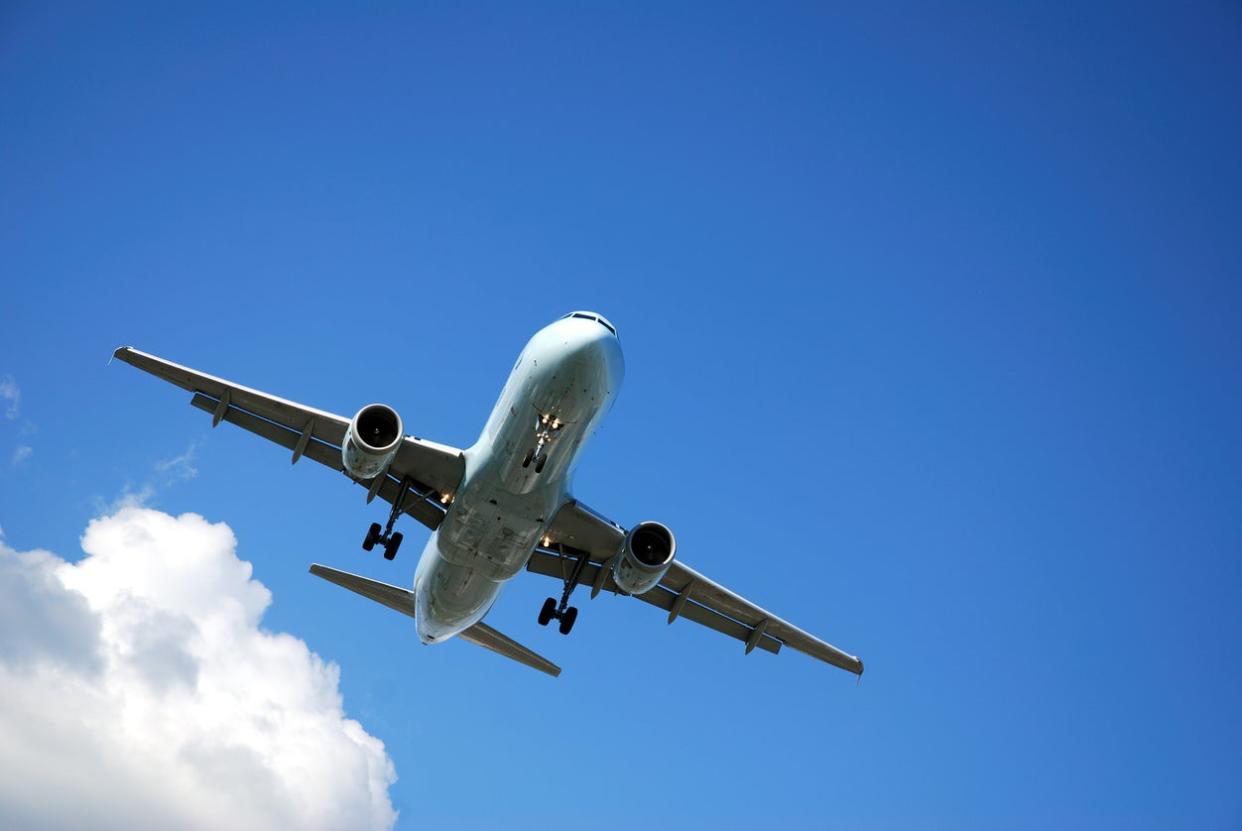Plane makers saw zero aircraft orders in September as coronavirus continue to decimate industry

The devastating impact of the coronavirus pandemic on the aviation industry has been revealed in new data from trade organisation ADS.
The organisation, which represents UK aerospace, defence, security and space sectors, said that the number of global commercial aircraft orders was zero during the month of September.
This followed a meagre four and nine orders in July and August respectively, representing a 91.4 per cent decline compared to the same quarter last year and the worst performing results on record.
Most of the orders were for smaller single-aisle aircraft, while there were just three for wide-body aircraft.
Commercial aircraft deliveries for the third quarter were similarly down.
A total of 173 aircraft were delivered during Q3; 135 of these were single-aisle planes, and just 38 were wide-body, which ADS attributed to “the decline in long haul international travel and demand for larger commercial jets in recent months”.
While the number of aircraft deliveries had increased in September, to levels similar to February this year, they were still far below expected levels for this time of year.
The organisation has joined in the call for the government to introduce testing to speed up travel recovery.
ADS chief executive Paul Everitt said: “The aerospace and aviation industries have invested in robust health and safety measures as part of aircraft design which makes the risk of transmission when travelling aboard an aircraft extremely low. We need to continue to work together internationally to improve consumer confidence and encourage a return to the skies.
“The quarantine period that passengers face when they return home is one of the main barriers to UK aviation’s recovery and testing can play a major role in reducing this. The Government should rapidly implement a testing regime so that the 14-day quarantine period can be shortened. This will help improve confidence amongst travellers and in turn put the aviation and aerospace sectors on a path towards recovery.”
A number of countries around the world already accept testing on arrival rather than quarantine.
In Italy for example, travellers have the option of either getting tested before they travel and showing the results on arrival or getting tested once they get there.
Some Italian airports offer free testing on sites, while travellers may be expected to quarantine until their results come back negative if they enter the country from a border or transport hub that doesn’t have testing facilities.
While the government has set up a Global Travel Taskforce, transport secretary Grant Shapps has so far resisted calls to swap quarantine for testing.
Instead, he has suggested that a test plus seven-day quarantine process might be the solution.
Read more
How to get a Covid PCR test for travelling abroad
Advance rail tickets: no penalty if Covid restrictions prevent travel
Lockdown tiers: What do the coronavirus restrictions mean for travel?

 Yahoo News
Yahoo News 
